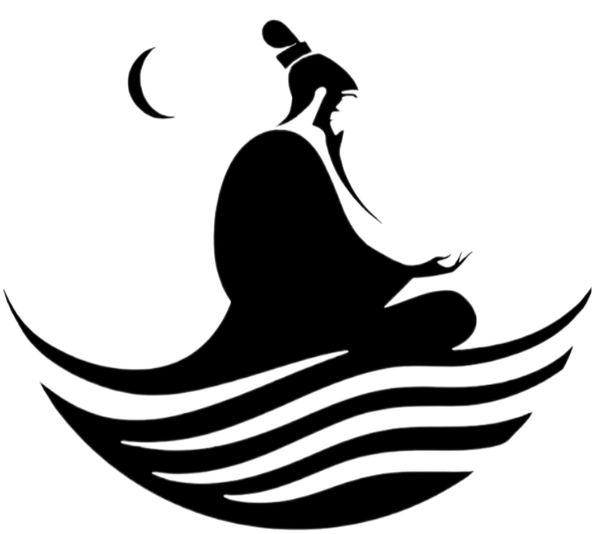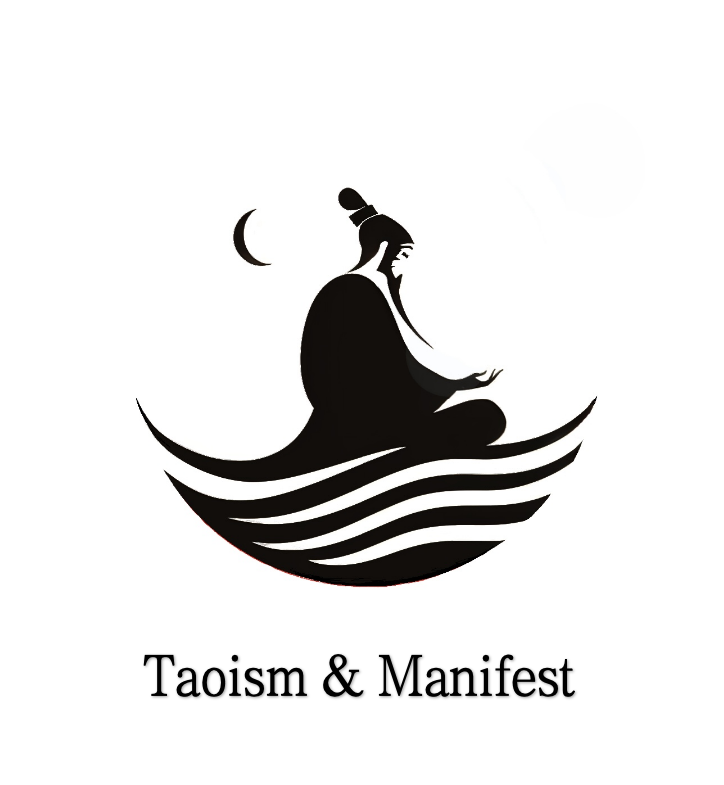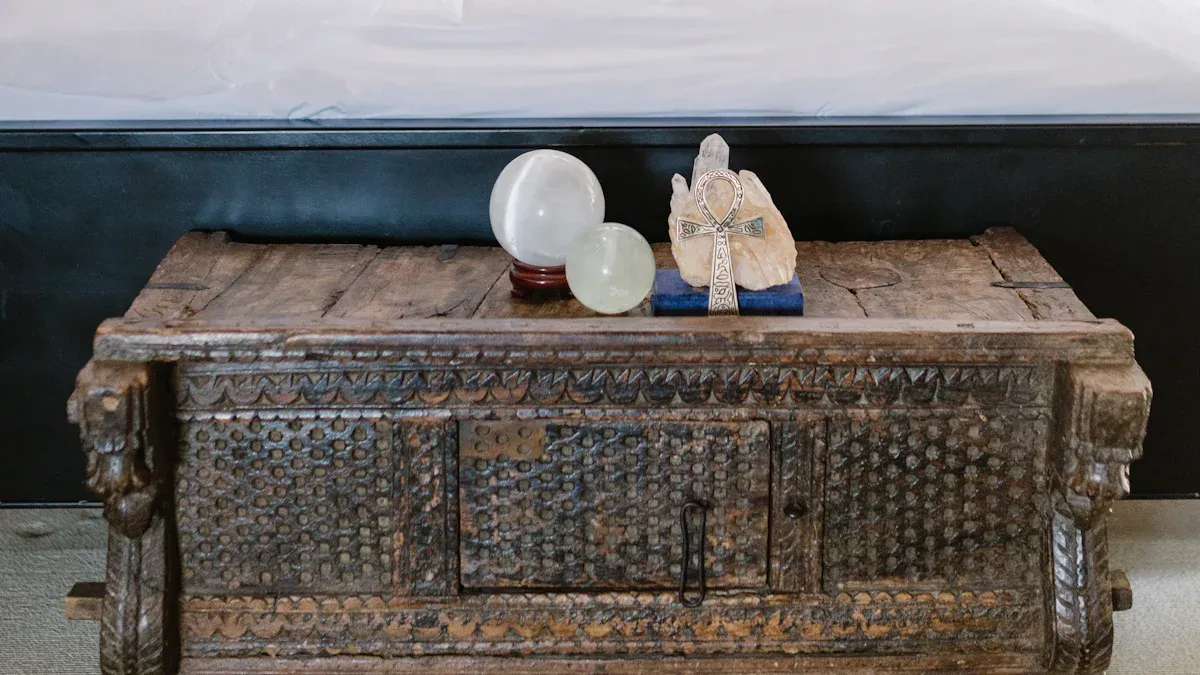
A feng shui chart, also called a bagua map, helps you understand how energy, or Qi, moves through your home. Some people think feng shui only means decluttering or using special Chinese decor, but that is not true.
Many believe feng shui does not work or is just superstition.
Some worry about house numbers or plants in bedrooms.
Key Takeaways
A feng shui chart, called a bagua map, shows how energy moves in your home. It connects parts of your house to parts of your life.
Use the bagua map to find and fix energy in your space. Clean up and organize to help Qi move better.
Change your feng shui chart when your home changes. This helps keep energy even and helps you feel good.
Feng Shui Chart Basics
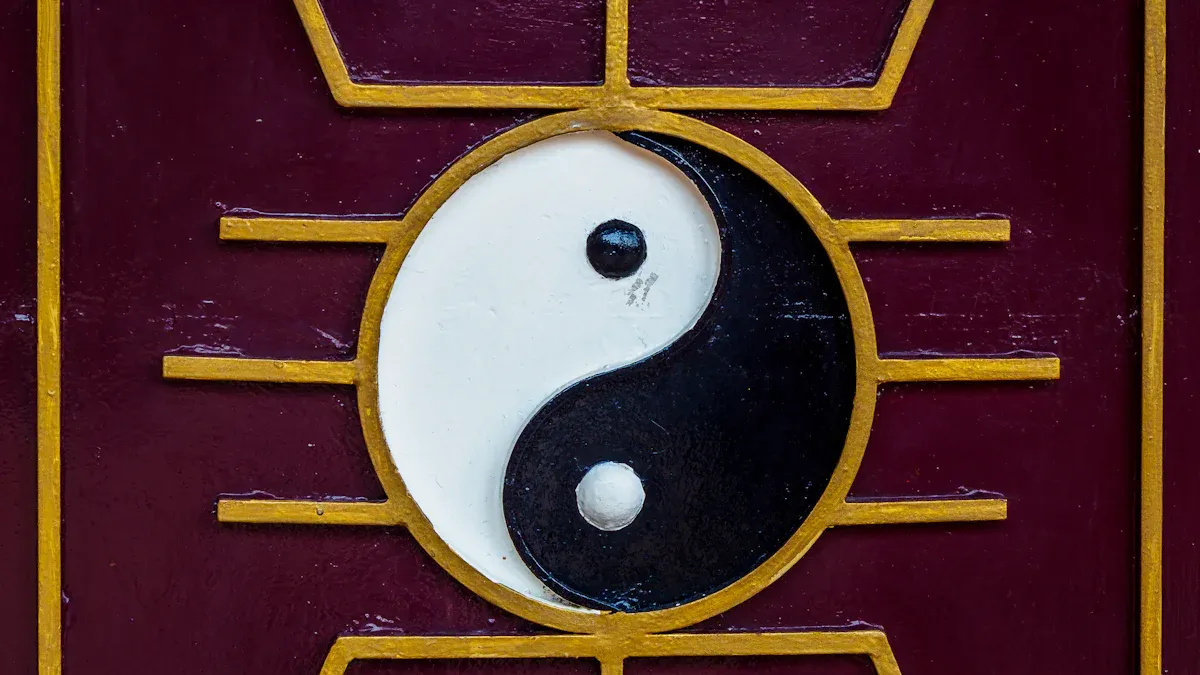
What Is a Feng Shui Chart
A feng shui chart helps guide Qi in your home. People call it a bagua map or energy map. It shows how parts of your home link to your life. Feng shui started long ago in China. People used it for palaces and tombs. Later, it spread to India and Japan. Now, you can use feng shui at home or work. It helps you find harmony and success.
Feng shui chart ideas work for today’s homes.
You can use the energy map in apartments or houses.
The bagua map fits any space, big or small.
Research shows feng shui makes homes feel better. People are happier when they use feng shui charts. Scientists checked feelings and comfort in homes with and without feng shui maps.
Bagua Map Structure
The bagua map splits your home into nine parts. Each part matches a life area, like health or money. Old feng shui uses compass directions for the map. Wealth is in the Southeast. Relationships are in the Southwest. Some people start with the front door. The classic way uses a compass.
Component |
Definition |
|---|---|
Bagua Map |
A feng shui energy map that divides space into eight areas, each linked to life aspects. |
Five Elements |
Earth, Water, Fire, Metal, and Wood, which you balance for harmony. |
Chi |
The vital life force or energy that flows through your home. |
Commanding Position |
The best spot in a room for clear views and strong energy flow. |
Flying Stars |
A system that analyzes nine types of star energies affecting life areas. |
Luo Pan |
A traditional compass for analyzing directions and energy qualities. |
You use the bagua map to pick room uses. Small apartments need smart choices. Keep spaces tidy and use the commanding position for beds or desks. This helps Qi move well.
Life Areas and Elements
Each part of the energy map links to a life area and an element. You balance these elements for harmony. The five elements are Earth, Water, Fire, Metal, and Wood. Each one brings its own energy. You use them to help or calm areas.
Life Area |
Color |
Element |
|---|---|---|
Wealth and Prosperity |
Purple |
Earth |
Fame and Reputation |
Red |
Fire |
Relationships and Love |
Pink |
Earth |
Family and Community |
Green |
Wood |
Health and Well-being |
Yellow |
Earth |
Creativity and Children |
White |
Metal |
Skills and Knowledge |
Blue |
Water |
Career and Life Path |
Black |
Water |
Helpful People and Travel |
Gray |
Metal |
The five elements help you balance your chart. Add green plants for Wood in the Family area. Use red things for Fire in the Fame area. When you know how elements work together, your home feels calm and helpful.
Tip: In small rooms, use earth colors like cream or light yellow for steadiness. Metal colors like white or silver make rooms seem bigger. Water colors like blue help you relax. Wood colors, like green, add energy and nature.
Sometimes, it is hard to use the feng shui chart in new homes. Long halls can make Qi move too fast. Sharp corners can feel tense. Beams can feel heavy. Odd-shaped rooms need special fixes. Change your feng shui chart often as energy changes.
Using the Feng Shui Chart
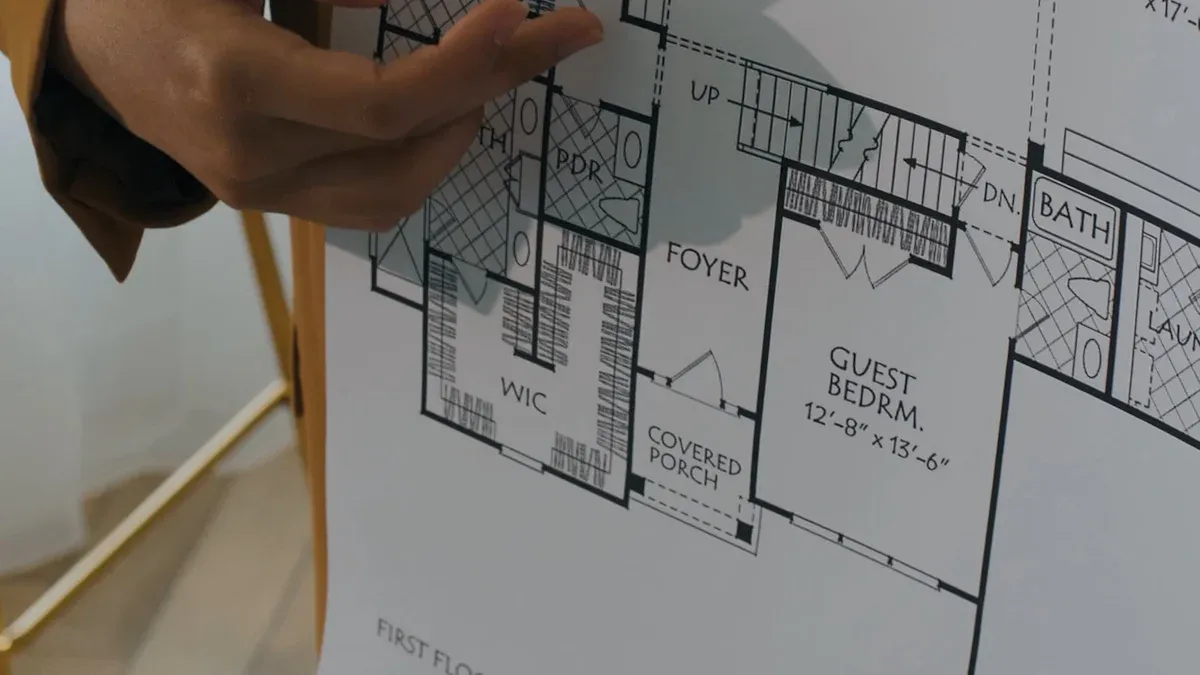
Overlaying the Chart
You can start using the feng shui chart by learning how to use the feng shui energy map on your home layout. Begin at your main entrance. Stand facing inside. Place the bagua map over your floor plan so the bottom edge lines up with the wall of your front door. Make sure you include every room and space, even small closets or corners. Mark each of the nine feng shui energy map areas on your plan.
Step-by-step guide for overlaying the bagua map:
Stand at your main entrance, facing inside your home.
Place the bagua map over your floor plan, lining up the bottom edge with the front door wall.
Include every space, such as small corners and odd-shaped rooms.
Mark each of the nine feng shui energy map areas on your floor plan.
Tip: Trust your instincts when you overlay the feng shui chart. Update your map after any changes in your home, like moving furniture or adding new rooms.
Common mistakes to avoid:
Overanalyzing spaces can make you feel confused.
Mixing different feng shui methods often leads to poor results.
Leaving out any area of your home can block the flow of Qi.
You need to adapt the feng shui energy map for homes with irregular layouts. Focus on the main entrance. Make sure every space is counted. This helps you balance the flow of energy.
Adjusting Home Energy
Once you know how to use the feng shui energy map, you can start to balance the flow in your home. Look for areas where energy feels stuck or weak. You might notice clutter, dark corners, or rooms that feel tense. Use simple changes to correct these imbalances.
Practical tips for balancing energy in each area:
Use a mix of general, task, and accent lighting to balance light and improve the flow of Qi.
Hang faceted crystals to help modulate Qi and boost energy in a room.
Keep your entrance door strong and proportionate to allow proper Qi flow.
Position your bed so you can see the door, but do not place it directly in line with the door.
Keep your kitchen clean and organized to support health and well-being.
Examples of adjustments for common life areas:
Life Area |
Adjustment Example |
|---|---|
Wealth |
Add healthy plants and use purple accents. |
Family |
Place green plants and family photos in this area. |
Career |
Hang a picture of calm water and keep the area tidy. |
Fame & Reputation |
Use fire colors like red and symbols of success. |
Relationships |
Add pairs of objects and use pink tones. |
Health |
Use earth colors and keep the space open. |
Creativity & Children |
Display artwork and use white or metal items. |
Knowledge |
Add books and blue accents for wisdom. |
Helpful People & Travel |
Use gray colors and travel souvenirs. |
Note: The feng shui chart helps you balance the flow in your home. When you align your space with the feng shui energy map, you create a harmonious environment. This can reduce stress and foster tranquility.
You can use the feng shui energy map to guide your choices. Activate your career area by hanging a picture of calm water. Enhance your fame and reputation area with symbols like tall mountains and fire colors. Use the command position in any room to feel more in control. Keep your desk organized to allow positive energy flow. Add symbols of success, such as awards or motivational items. Invite in positive energy by keeping spaces well-lit and adding plants.
A balanced home is essential for happiness and well-being. Feng shui promotes mindfulness about how you organize your space and use natural elements. Good feng shui helps you create a home that feels peaceful and supports your goals.
Benefits
Positive Energy Flow
Using the feng shui energy map helps Qi move well in your home. This makes your home feel open and friendly. Rooms can seem brighter and more cozy. Many people say good feng shui brings comfort and new chances. You can help certain life areas by using matching colors from the bagua map. Adding new plants gives fresh energy and helps you feel kinder and more flexible.
-
You might notice these benefits:
Spaces look cleaner and less messy.
You can focus better and get more done.
Family and partner relationships get stronger.
You feel more successful at home.
Tip: Think about your goals before you make changes. This helps you put your energy toward what you want.
Well-Being and Harmony
Feng shui is more than moving furniture around. It helps you make a home that supports health and happiness. Many people find that cleaning up their home helps their mind and lets good energy flow. A feng shui home can bring peace and calm. You may sleep better, feel less stress, and have more well-being.
-
Common benefits are:
Family bonds get better.
You do better at work or school.
You can think more clearly.
Your home feels peaceful and calm.
Studies show hotels with good feng shui feel more successful and look nicer. You can ask an expert for more help, but even small changes can make your home better.
You can use a feng shui chart to guide energy in your home and boost well-being. Many people see strong effects on health and family harmony. The table below shows how the chart impacts your home:
Aspect |
Impact |
|---|---|
Health |
Strong |
Family Harmony |
Strong |
Wealth Luck |
Neutral |
Start by decluttering your home, applying the bagua map, and focusing on key spaces. When you use feng shui, you help Qi flow and create a peaceful home.
"Feng shui helps unblock the way, so forces may flow freely and create balance in your home. Each step can improve your happiness."
FAQ
How often should you update your feng shui chart?
You should update your feng shui chart when you move furniture, remodel, or notice changes in how your home feels. Regular updates help keep energy balanced.
Can you use feng shui in a small apartment?
Yes, you can use feng shui in any space. Even a small apartment can benefit from the bagua map. Focus on keeping each area clear and organized.
What if your home has an unusual shape?
You can still use the bagua map. Try to include every room and corner. Adjust the map to fit your home’s layout for the best results.
